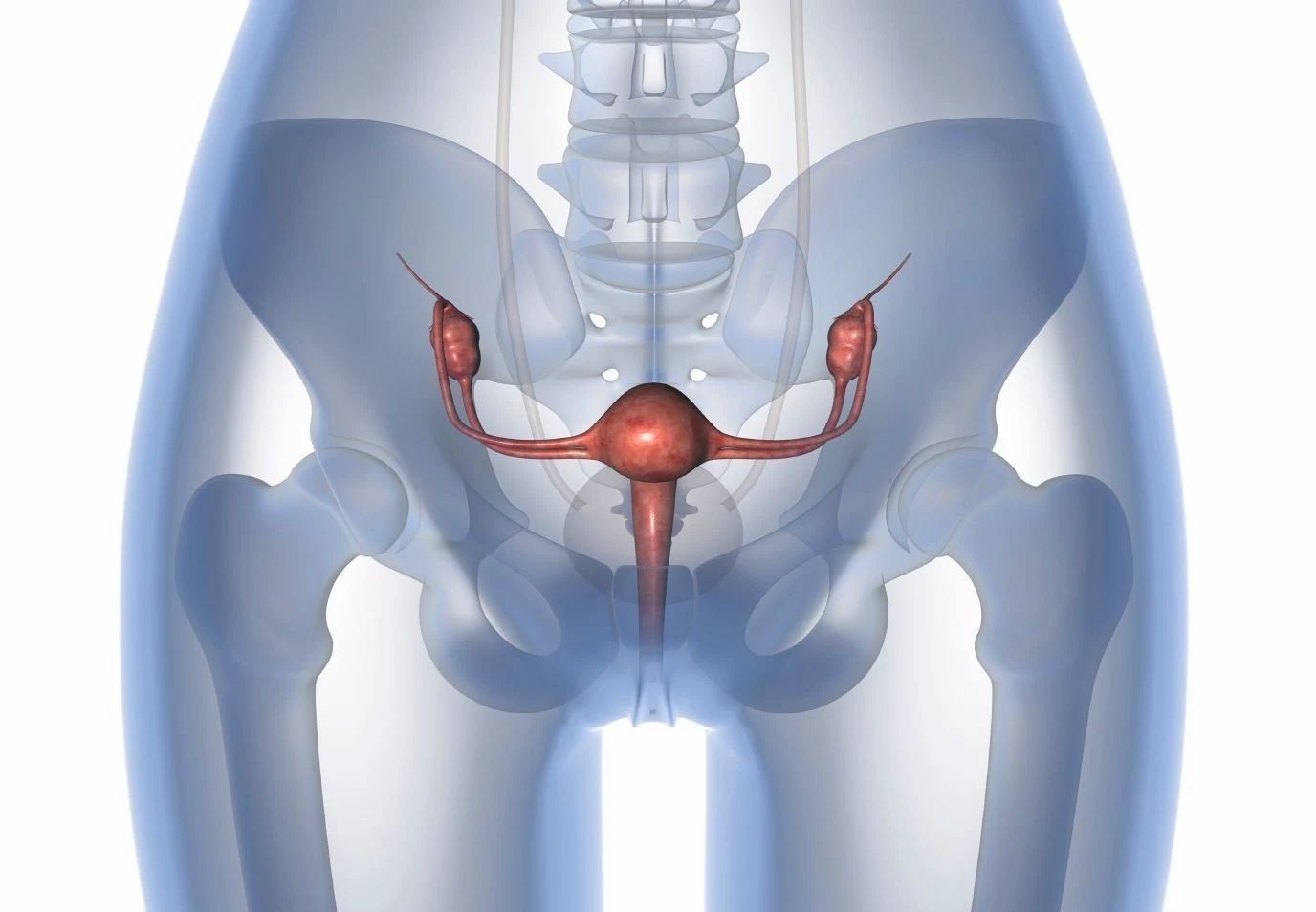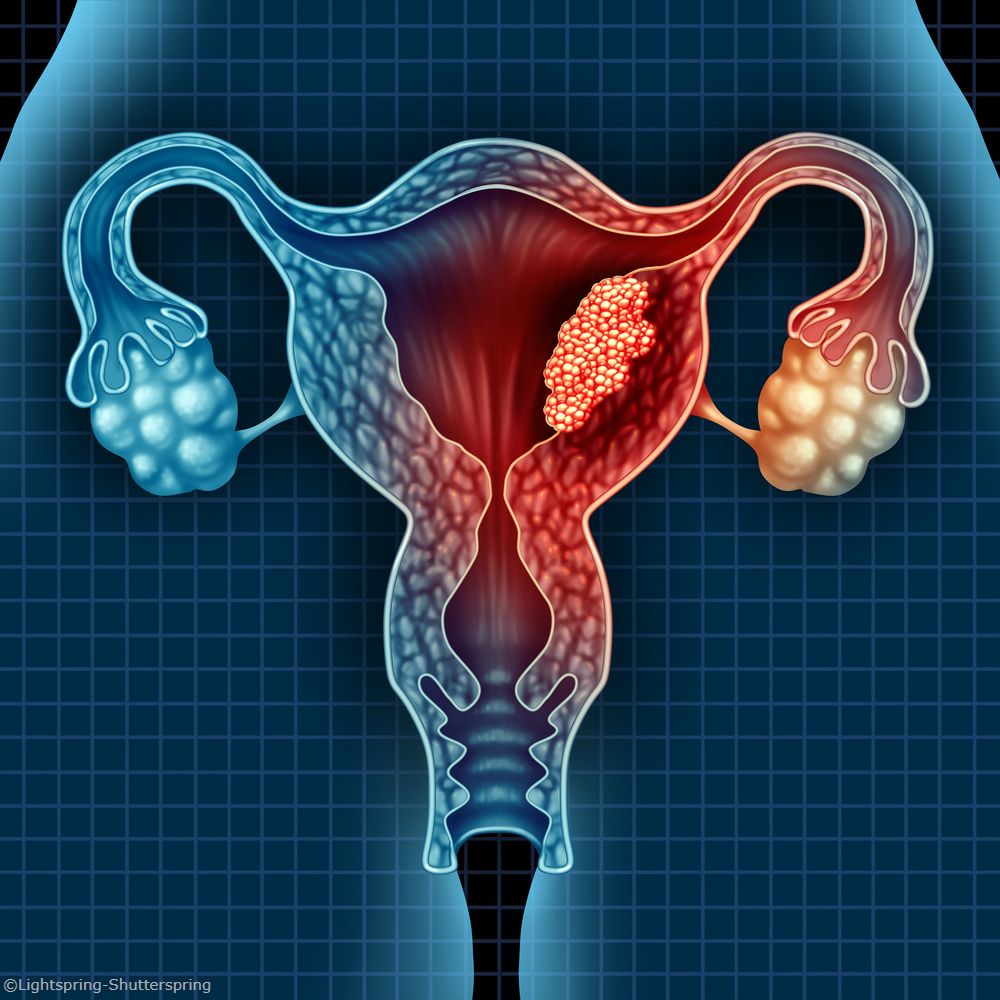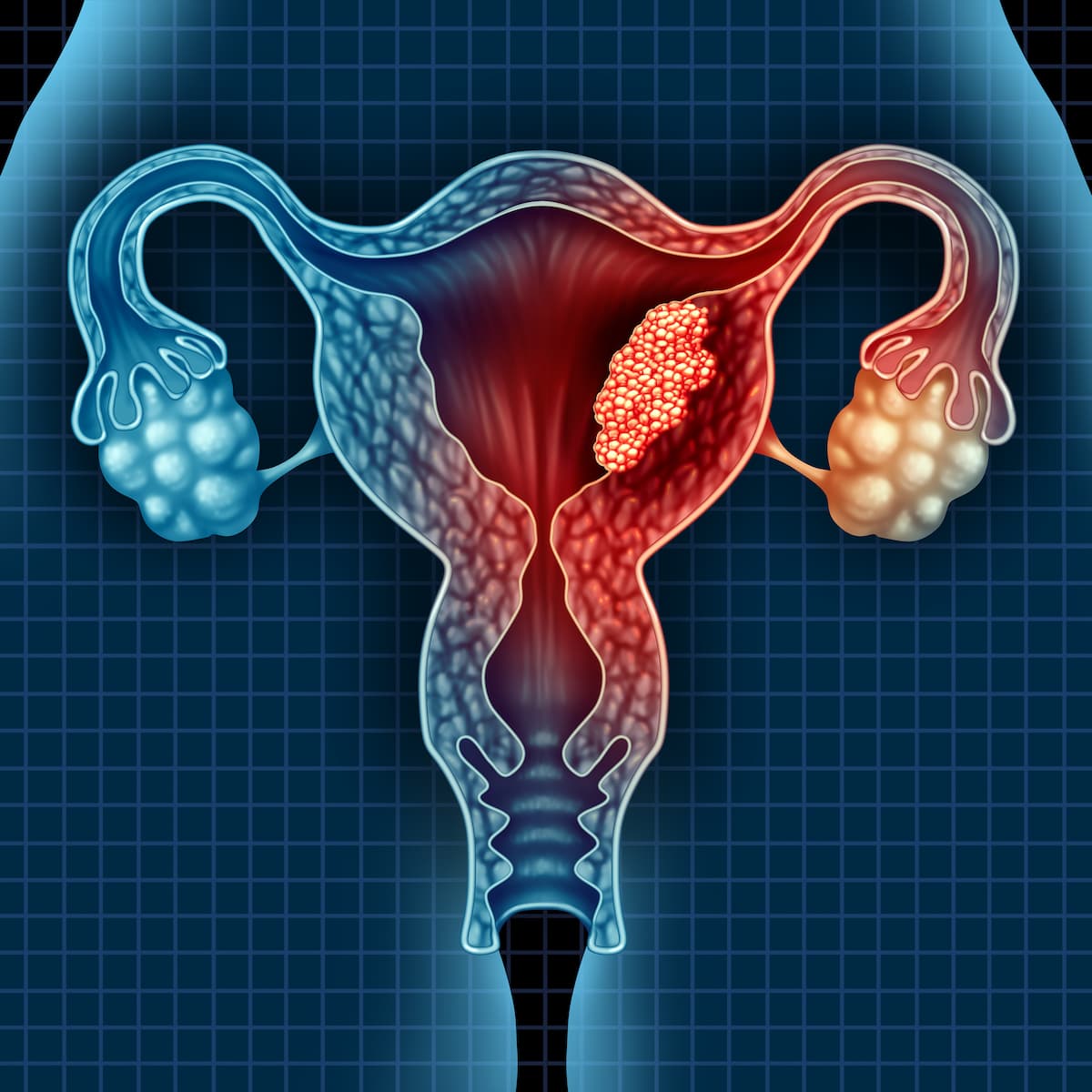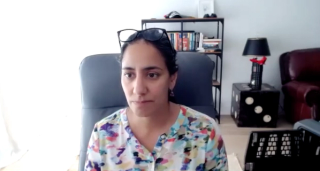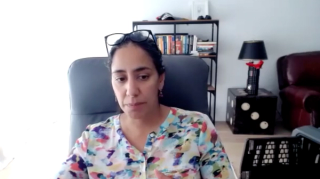
Endometrial Cancer
Latest News
Video Series

Latest Videos
Podcasts
CME Content
More News

Patients who had recurrence in the radiation field experienced similar responses vs those with recurrence outside the radiation field.

The adverse effect profile of abemaciclib plus hormonal therapy was comparable with prior reports of CDK4/6 inhibitors.

The median PFS in patients with pMMR TP53 wild-type endometrial cancer was 39.5 months with selinexor and 4.9 months with placebo.

Puxitatug samrotecan was well tolerated in patients with advanced or metastatic endometrial cancer.

A slightly higher complete response rate was observed with the metformin regimen vs with the levonorgestrel-releasing IUD alone in endometrial cancer.
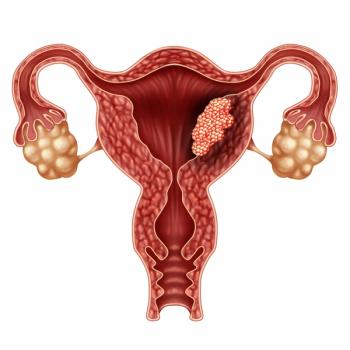
No deaths or significant adverse effects were reported in the screened population among those who received hysteroscopic resection for endometrial cancer.
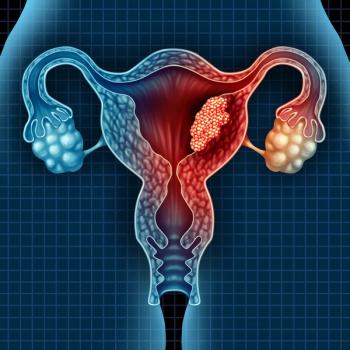
Cadonilimab plus lenvatinib appeared to have a manageable safety profile in a phase 2 trial.

Adding maintenance olaparib to durvalumab/chemotherapy in pMMR endometrial cancer improved PFS among those with detectable ctDNA at baseline.

Dostarlimab/chemotherapy elicited a 31% decrease in the risk of death compared with placebo/chemotherapy in locally advanced/recurrent endometrial cancer.

Risk factors and biomarker testing in conjunction with cancer staging may better identify ideal treatment for endometrial cancer than cancer staging alone.

Deep and durable responses were observed with lenvatinib plus pembrolizumab in patients with stage III/IV recurrent endometrial carcinoma.

The addition of pembrolizumab to chemotherapy with or without radiation did not improve DFS across the intent-to-treat population of KEYNOTE-B21.

“The dMMR population, which are patients who have deficiency in their mismatch repair proteins, had the most pronounced impact in PFS, and we’re seeing that trend for prolonged periods of time; we may be curing many of these patients,” said Ritu Salani, MD.

Subgroup analysis data from DUO-E support the European approval of durvalumab-based treatment in primary or recurrent endometrial cancer.

Data from the RUBY trial support the expanded approval of dostarlimab plus chemotherapy in patients with advanced/recurrent endometrial cancer.

A statistically significant and clinically meaningful improvement in progression-free survival in the phase 3 trial DUO-E support the recommendation.

Tissue biopsy was recommended among Black patients at risk of endometrial cancer over the common ultrasonography triage strategy.

Patients with primary advanced/recurrent endometrial carcinoma may now receive pembrolizumab plus chemotherapy as indicated by the FDA.

Data from the DUO-E trial support the FDA approval of durvalumab/chemotherapy for those with primary advanced or recurrent dMMR endometrial cancer.

Developers will work with investigators of the phase 3 KEYNOTE-B21 trial to share their findings with the scientific community.

The FDA has set a Prescription Drug User Fee Act date of August 23, 2024, for dostarlimab in all types of primary advanced endometrial cancer.

Data from the DUO-E trial support potential new durvalumab-based treatment options for patients with advanced or recurrent endometrial cancer.

Data from the phase 3 LEAP-001 study support lenvatinib plus pembrolizumab as an active combination for endometrial cancer.

SEER data showed that Black patients endometrioid endometrial carcinoma had higher 5-year cancer-related death rates compared with their White counterparts.
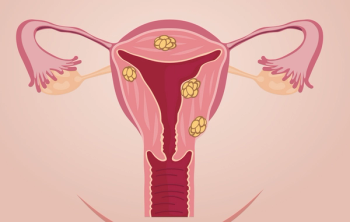
The survival benefit with dostarlimab/chemotherapy was deemed unprecedented in patients with microsatellite instability high primary advanced or recurrent endometrial cancer.


